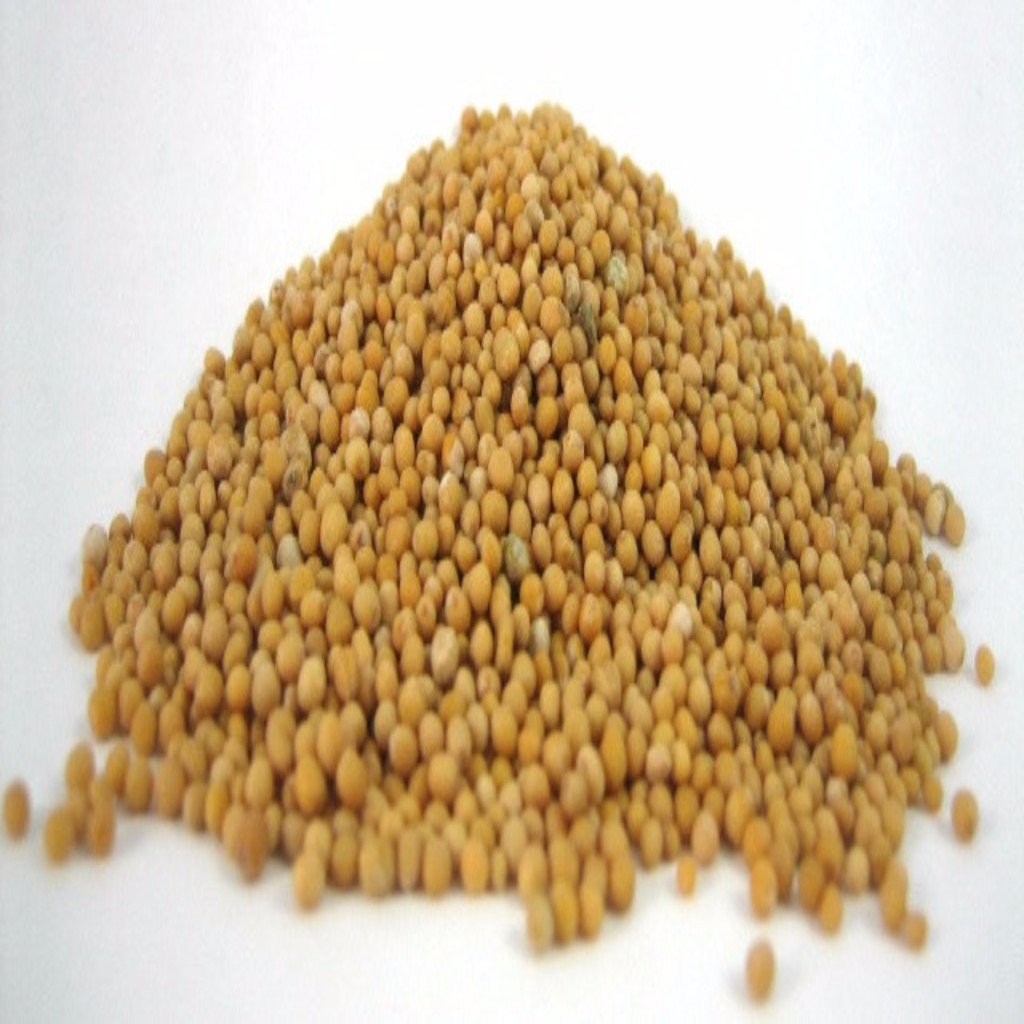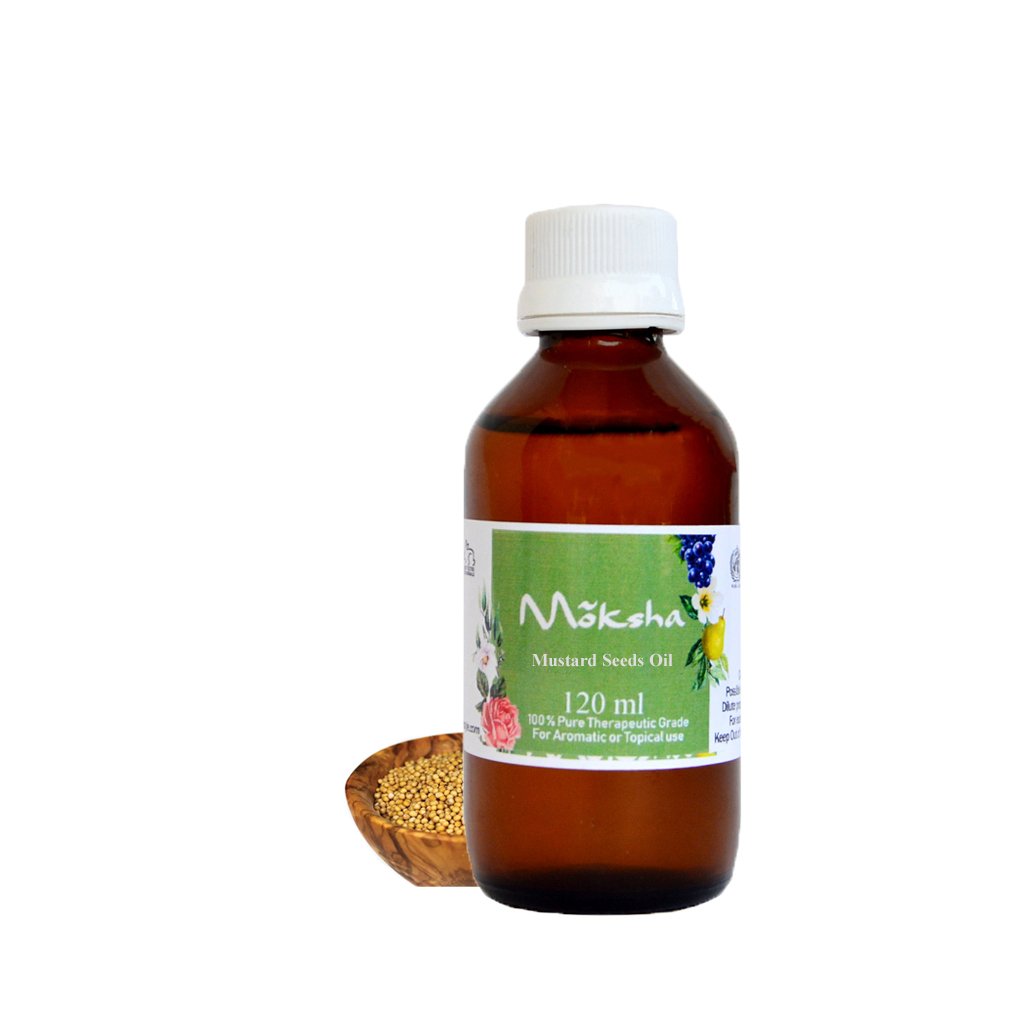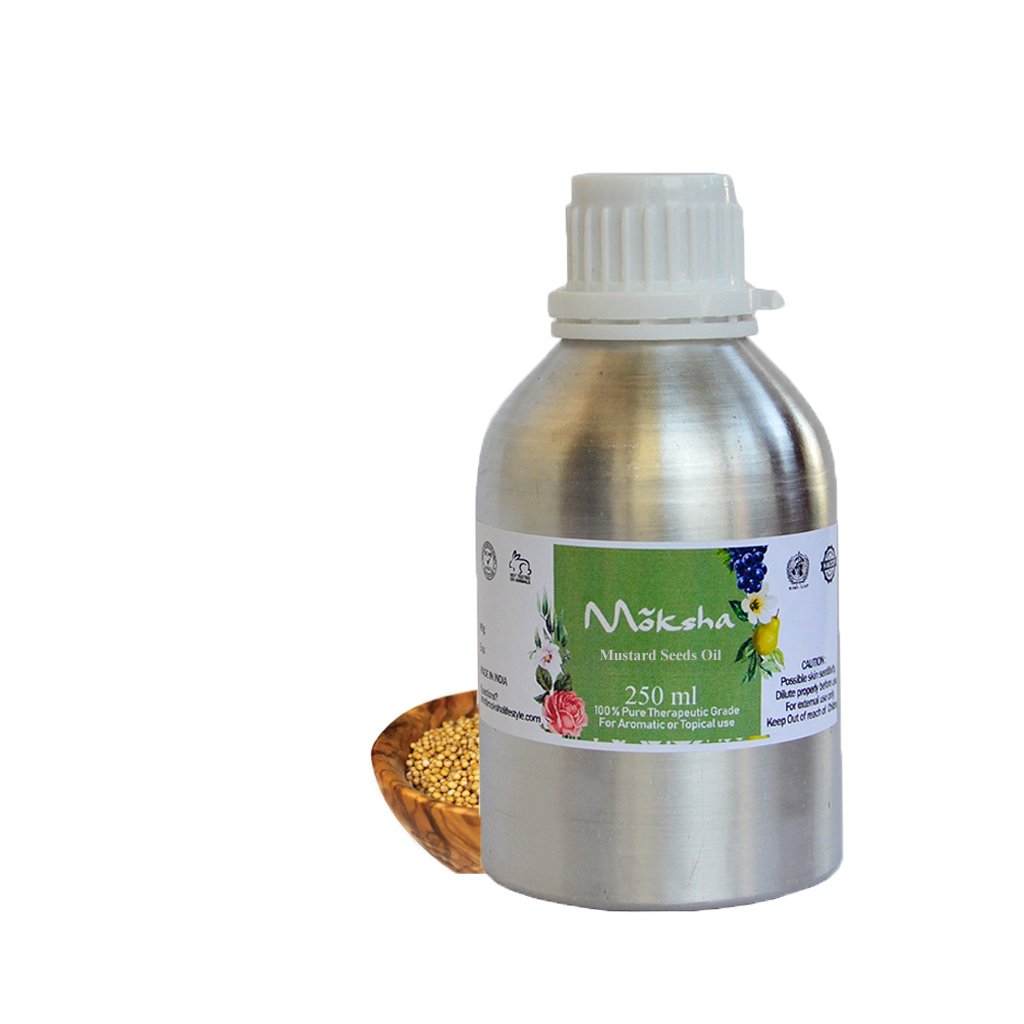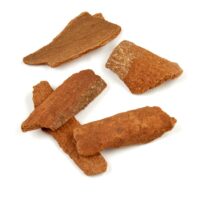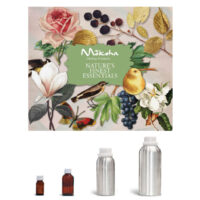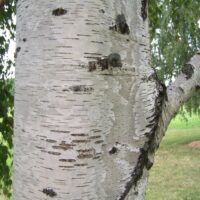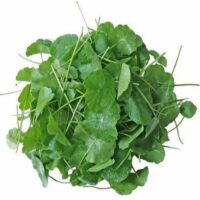
Moksha Lifestyle Products
Essential Oils India | Essential oils Wholesale | Essential Oils manufacturers – Moksha Lifestyle Products
Mustard Essential Oil
Plant Part : Seed
Extraction : Steam Distillation
Origin : India
Product Description:
The seeds of mustard contain 30-35 per cent of oil. Mustard seeds have to be crushed and macerated in warm water to release the oil through fermentation, before the process of distillation can take place. This maceration is necessary because the so-called mustard oils, or isothiocyanates, are inactive in the live plant: only when the tissue is broken and wetted, do enzymes release the oils.
Product Color:
Colorless to yellow
Common Uses:
Mustard essential oil is used as a natural pesticide, insecticide, germicide and it has an antibacterial, antifungal, and anti-inflammatory action as well
History
Mustard seeds were found in Ancient Egyptian tombs along with other offerings such as coriander, parsley and lotus seeds; the plants and seeds were mentioned on stele and papyri dating from as early as the first dynasty. Sanskrit mentions date back to 3000BC, which suggests that mustard must be one of the oldest recorded spices. (Some sources claim that mustard was cultivated in the Stone and Iron Ages.) The Greeks and Romans, too, knew mustard: according to classical tradition, it was introduced to man by Aesculepius, the god of medicine, and Ceres, the goddess of agriculture and seeds. The Romans steeped the seeds in must – new wine – calling the result mustrum or mustum ardens (burning must), from which the name in English is thought to derive. They brought the seeds to Britain, and early emigrants introduced the plant to North America.
Caution:
This is not to be confused with Mustard Oil. The Essential Oil if Mustard is a potent essential oil with a very strong and pungent smell.
